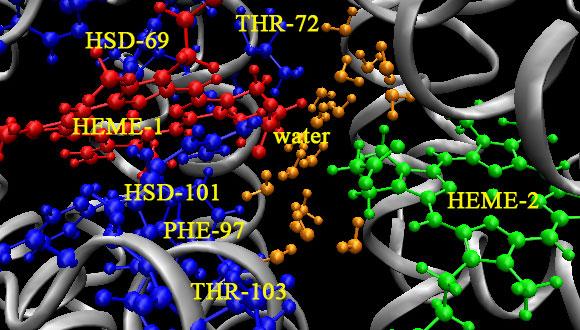Special Physical Chemistry Seminar: New Selective Homonuclear Recoupling Methods
Dr. Evgeny Nimerovsky, Max Planck Institute for Multidisciplinary Sciences, Göttingen, Germany
Abstract:
Homonuclear dipolar recoupling sequences are frequently used building blocks in routine magic-angle spinning NMR experiments. While broad-band homonuclear 1st order dipolar recoupling sequences mainly excite intra-residue correlations and short-range distances in fully/uniformly labeled proteins, selective methods can detect inter-residue transfers and long-range correlations. Here we introduce two new 1st order band-selective methods: MODIST (for proton-proton recoupling) and GODIST (for carbon-carbon recoupling). We test their efficiencies with perdeuterated microcrystalline SH3, fully protonated SH3 and influenza A M2 in lipid bilayers. With MODIST we observe long-distance correlations between amide protons with up to 2-fold improvement in intensity as compared with these other state-of-the-art dipolar recoupling sequences. With GODIST we observe inter-residue carbonyl-carbonyl correlations up to 5 Å in uniformly 13C-labeled proteins.
Seminar Organizers: Prof. Haim Diamant


